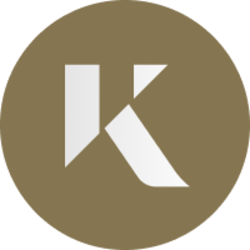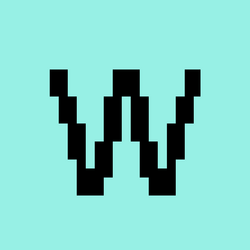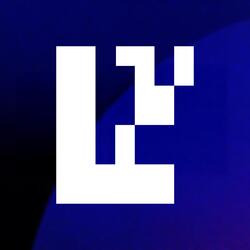The Central Bank of Nigeria (CBN) has lifted the forex ban on 43 items and has promised to intervene in the foreign exchange market from “time to time.”
The products had been prohibited from getting FX via the I&E window by the apex bank in 2015 because they were “not valid for foreign exchange and could be produced in the country.” Among the items affected are rice, cement, palm kernels, meat and meat products, poultry, soap, and cosmetics.
However, the bank’s Director of Corporate Communications, Isa AbdulMumin, said in a statement that the ban has been lifted.
READ ALSO: Market Forces Can Never Stabilise Naira, Govt Must Intervene – Oshiomhole
“The CBN would occasionally intervene in the Nigerian Foreign Exchange Market to increase liquidity as part of its duty to guarantee price stability. These CBN interventions would progressively decline as market liquidity increases,” according to the statement released on Thursday.
“Importers of all the 43 items formerly prohibited by the 2015 Circular referenced TED/FEMFPC/GEN/O1/010 and its addenda are now permitted to purchase foreign exchange in the Nigerian Foreign Exchange Market.”
“The Central Bank of Nigeria (CBN) has decided to lift the ban, and will continue to promote orderliness and professional conduct by all participants in the Nigerian Foreign Exchange (Forex) Market to ensure market forces determine exchange rates on a willing buyer-seller principle,” the official said.
“The CBN reiterates that current Foreign Exchange (FX) rates should be referenced from platforms such as the CBN website, FMDCQ, and other recognized or appointed trading systems to promote price discovery, transparency, and credibility in FX rates.”
“The CBN would occasionally intervene in the Nigerian Foreign Exchange Market to increase liquidity as part of its duty to guarantee price stability.
“Creating a single FX market is one of the CBN’s objectives. Market players are now being consulted,” according to CBN.
In June 2015, the CBN released a circular listing imported products and services that would not qualify for foreign exchange in the Nigerian market. The list, which initially included 41 items, later expanded with the addition of two more.
-
Rice
-
Cement
-
Margarine
-
Palm kernel
-
Palm oil products
-
Vegetable oils
-
Meat and processed meat products
-
Vegetables and processed vegetable products
-
Poultry and processed poultry products
-
Tinned fish in sauce (Geisha) or sardine
-
Cold-rolled steel sheets
-
Galvanized steel sheets
-
Roofing sheets
-
Wheelbarrows
-
Head pans
-
Metal boxes and containers
-
Enamelware
-
Steel drums
-
Steel pipes
-
Wire rods (deformed and not deformed)
-
Iron rods
-
Reinforcing bars
-
Wire mesh
-
Steel nails
-
Security, razor fencing, and poles
-
Wood particle boards and panels
-
Wood fiberboards and panels
-
Plywood boards and panels
-
Wooden doors
-
Toothpicks
-
Glass and glassware
-
Kitchen utensils
-
Tableware
-
Tiles-vitrified and ceramic
-
Gas cylinders
-
Woven fabrics
-
Clothes
-
Plastic and rubber products
-
Polypropylene granules
-
Cellophane wrappers and bags
-
Soap and cosmetics
-
Tomatoes/tomato paste
-
Eurobond/foreign currency bond/share purchases
Eurobond/foreign currency bond/share purchases
#CBN #Dollar #FX #ProbabaFX


































































































































